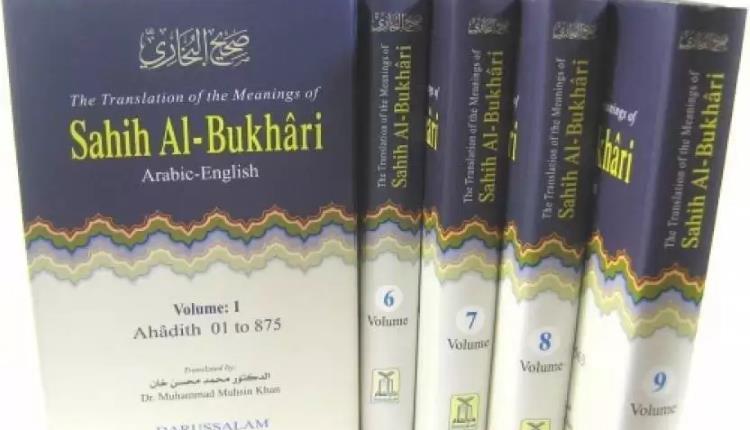The status of books of hadith in Islam
Imam Bukhari, Imam Muslim & others wrote the Book of Ahadith, 100-200 years after the death of our Prophet Muhammad (sws). My questions are:
If they did not write the book of Ahadith, how would have the religion of Islam appeared? Are books of hadith necessary for the completion of Islam? Is it possible to find unauthentic ahadith in the above-mentioned books of hadith?
Also, scholars say that there are two types of wahi: those that are matloo and those that are ghair matloo. Why are the latter not the part of Quran, even though they are considered to be from Allah?
Answer
Imam Bukhari and Imam Muslim presented their books more than two hundred years after the demise of the prophet, alaihissalaam. When these books weren’t there, Muslims used to follow the Quran, and the Sunnah of the prophet that had come down to them, through the practice of earlier generations, the opinions of the scholars in the matters of dispute, and the information about how the prophet used to practise if that opinion would be available. In cases of dispute, they used to discuss matters and used to attempt to come to their conclusions. The world of Islam was divided then (2nd century hijrah) into two parts: The Ahle Ray and the Ahle Hadith. Ahle Ray used to form their own judgement on the basis of the Quran, sunnah, and common sense, while the Ahle Hadith used to insist that whatever ahadith are available on the subject in disput,e should be given priority over other sources.
The efforts of the muhaddithun are commendable. However, they were all humans, and as humans, there are possibilities that they could have committed errors. Indeed, one can point out many errors in the best of books of hadith. It should not be a cause of concern for us if we are not approaching these books as the final word. All the contents of the books should be critically examined, and nothing should be accepted as final. There is always a possibility that these books may contain information which is either partly correct or completely incorrect.
The distinction between wahi matloo (Quran) and wahi ghair matloo is unnecessary. The prophet, alaihissalaam, did receive wahi outside the Quran. The book of Allah gives evidence to that fact. However, it is only the Quran which has been promised to be preserved by the Almighty. What the prophet did and said in religion, is binding on us to follow, whether it is based on wahi or on his own ijtihad. However, we must first be satisfied about the fact that the prophet actually said or did what the hadith is
claiming.

